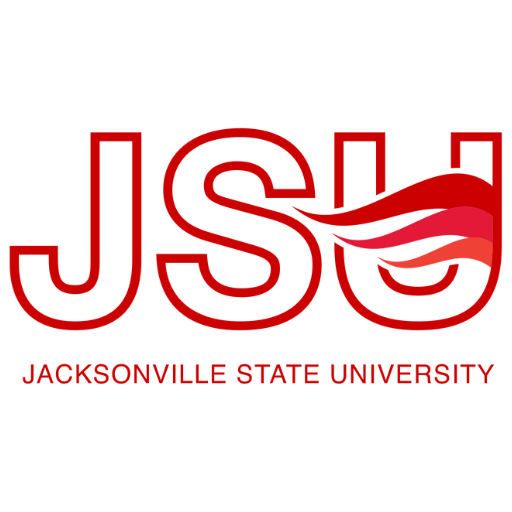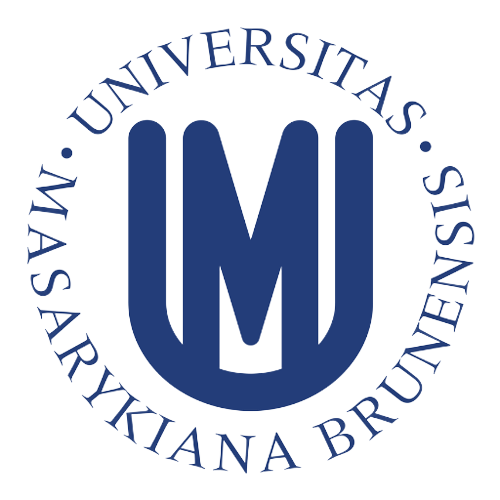The Master of Applied Science (MASc) program in Software Engineering at Concordia University is designed to provide students with advanced knowledge and skills in the field of software engineering. The program focuses on the principles, methodologies, and techniques for designing, developing, and maintaining software systems.
Here is a general overview of the MASc program in Software Engineering at Concordia University:
Core Courses: The program typically includes a set of core courses that cover foundational areas of software engineering. These courses may include topics such as software requirements engineering, software design and architecture, software testing and quality assurance, software project management, and software maintenance. The core courses provide students with a solid foundation in the principles and best practices of software engineering.
Elective Courses: Students have the opportunity to choose elective courses based on their specific interests and research goals. These elective courses cover specialized areas within software engineering, such as software development methodologies, software security, software metrics and measurement, software evolution and maintenance, or software process improvement. Students can tailor their course selection to their particular areas of interest or specialization.
Research and Thesis: The MASc program often includes a research component or a thesis requirement. Students have the opportunity to undertake independent research on a specific topic within software engineering. They engage in advanced research, develop innovative software solutions, and produce a thesis that contributes to the existing knowledge in the field. The research component allows students to develop advanced research skills and demonstrate their ability to solve complex software engineering problems.
Industry Collaboration: The program may have collaborations with industry partners, allowing students to work on industry-sponsored projects, internships, or co-op placements. These collaborations provide students with valuable industry exposure, real-world software development experience, and networking opportunities.
Seminars and Workshops: The program may offer seminars, workshops, and conferences where students can engage in scholarly discussions, present their research, and receive feedback from faculty and peers. These sessions provide opportunities for intellectual exchange, collaboration, and networking with experts in the field of software engineering.
Professional Development: The program may provide professional development activities, such as workshops on technical skills, software development tools and technologies, project management, and career development. Students may have opportunities to attend industry conferences, participate in hackathons or coding competitions, and engage in industry networking events.
It's important to note that the specific course offerings, research opportunities, and requirements may vary between academic years. For the most accurate and up-to-date information regarding the MASc program in Software Engineering at Concordia University, I recommend referring to the official Concordia University website or contacting the Department of Computer Science and Software Engineering.
Show less














